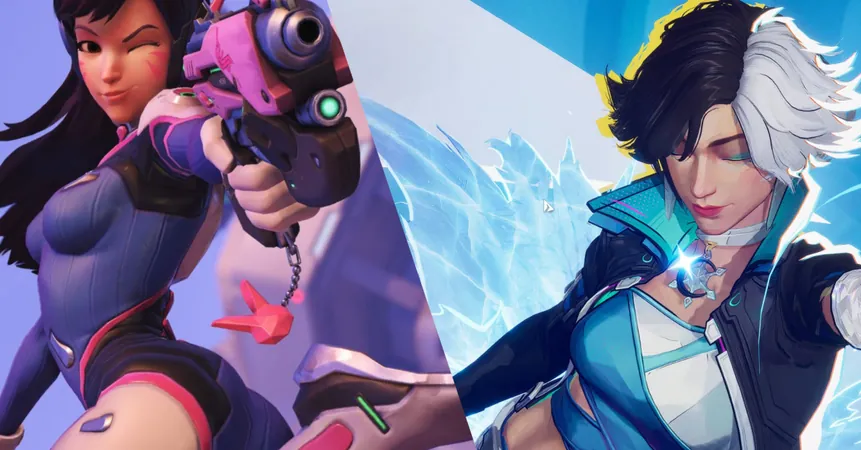
Can Marvel Rivals Avoid Overwatch's Pitfalls and Establish a Lasting Legacy?
2025-01-12
Author: Sophie
Introduction
Marvel Rivals has hit the gaming scene with a bang, sparking excitement among players as we dive into its inaugural season. With friends teaming up for thrilling matches and social media buzzing with positivity, the game appears to be on a solid trajectory. Yet, as a new hero shooter, it’s hard not to draw comparisons to its predecessor, Overwatch 2, especially when reflecting on what went wrong in its development.
Initial Euphoria and Comparisons to Overwatch
The initial euphoria surrounding Marvel Rivals is reminiscent of the early days of Overwatch, a game that also launched with widespread acclaim. As I waited to see if Marvel Rivals would maintain its momentum or quickly fizzle out, the ongoing updates—including the introduction of new characters like the Fantastic Four—suggest the game could have longevity in an increasingly crowded market.
Learning from Mistakes
One key advantage Marvel Rivals developers possess is the ability to learn from Overwatch's missteps. Overwatch originally captured players' hearts with its gripping narratives and stunning visuals, from the iconic opening cinematic featuring Tracer’s and Winston's showdown with Reaper. For many, including myself, the gameplay was addictive and the lore compelling, sparking a deep engagement with the community through its frequent updates and evolving narratives.
Drop in Enthusiasm
However, as time went on, that enthusiasm waned. The slow pace of balance updates left players caught in frustrating meta shifts, exemplified by the infamous Brigitte meta that dominated gameplay for far too long. When patches finally did arrive, they often favored professional play, alienating casual gamers who simply wanted to enjoy the experience of shooting as their favorite characters.
Fizzling Promise of Narrative
The promise of an overarching narrative also fizzled out, as players were left yearning for more substantial lore after years of limited content. The introduction of Archive missions aimed to expand character backgrounds but often felt inadequate, leaving fans exhausted from waiting for satisfying story arcs that never fully materialized. The consistent teasing of new heroes and stories gave way to disillusionment; many fans, myself included, eventually abandoned the hope of a cohesive narrative.
A Different Approach to Lore
In contrast, Marvel Rivals doesn't seem to be prioritizing a complex storyline filled with intricate connections and stakes. While the lore from comics introduces endless possibilities for character exploration, the game's narrative framework allows for a simpler, more enjoyable setup. Players find themselves engaged in a playful realm where beloved characters confront villains like Dracula and Doctor Doom, creating a space that invites creativity among fans without the pressure of an overarching story.
Sustaining Popularity
Looking ahead, the real question is whether Marvel Rivals can sustain its popularity beyond the initial excitement. Running a live-service game is a marathon, not a sprint, and maintaining player engagement over years poses a significant challenge. Fortunately, the team at NetEase can analyze Blizzard's blunders to avoid similar traps. As it stands, I'm still enjoying Marvel Rivals and believe its appeal will extend far beyond mere hype.
Conclusion
In today's competitive arena of hero shooters, the ability to learn from past mistakes—and to create an enjoyable experience without the baggage of a convoluted narrative—might just be the key to success for Marvel Rivals. Keep your eyes peeled, as this game's journey is just beginning, and who knows? It could redefine the genre as we know it.
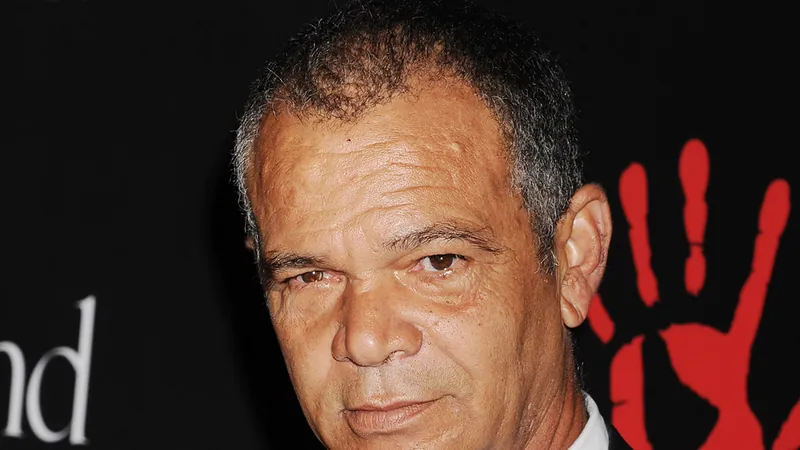
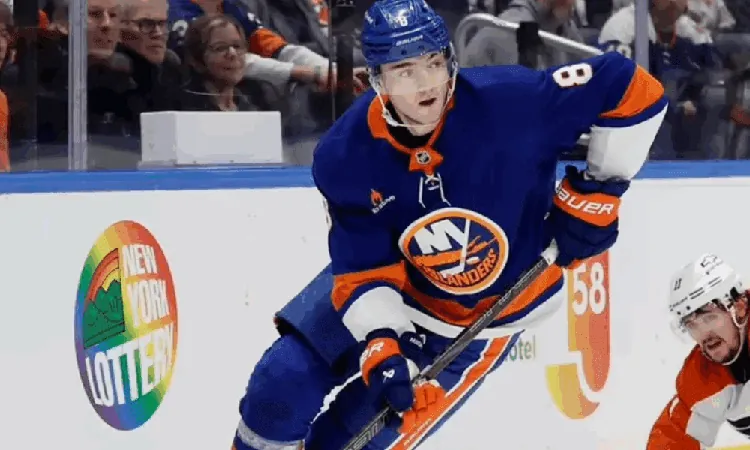
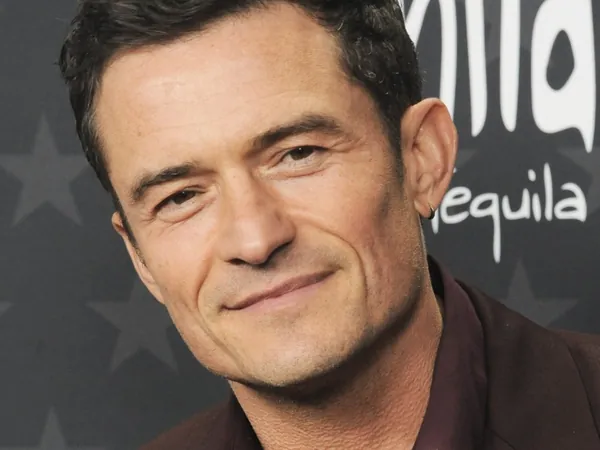


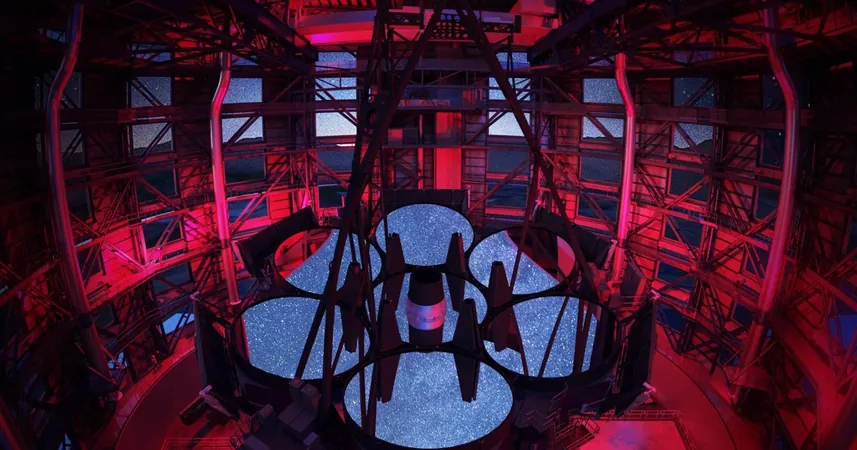



 Brasil (PT)
Brasil (PT)
 Canada (EN)
Canada (EN)
 Chile (ES)
Chile (ES)
 Česko (CS)
Česko (CS)
 대한민국 (KO)
대한민국 (KO)
 España (ES)
España (ES)
 France (FR)
France (FR)
 Hong Kong (EN)
Hong Kong (EN)
 Italia (IT)
Italia (IT)
 日本 (JA)
日本 (JA)
 Magyarország (HU)
Magyarország (HU)
 Norge (NO)
Norge (NO)
 Polska (PL)
Polska (PL)
 Schweiz (DE)
Schweiz (DE)
 Singapore (EN)
Singapore (EN)
 Sverige (SV)
Sverige (SV)
 Suomi (FI)
Suomi (FI)
 Türkiye (TR)
Türkiye (TR)
 الإمارات العربية المتحدة (AR)
الإمارات العربية المتحدة (AR)